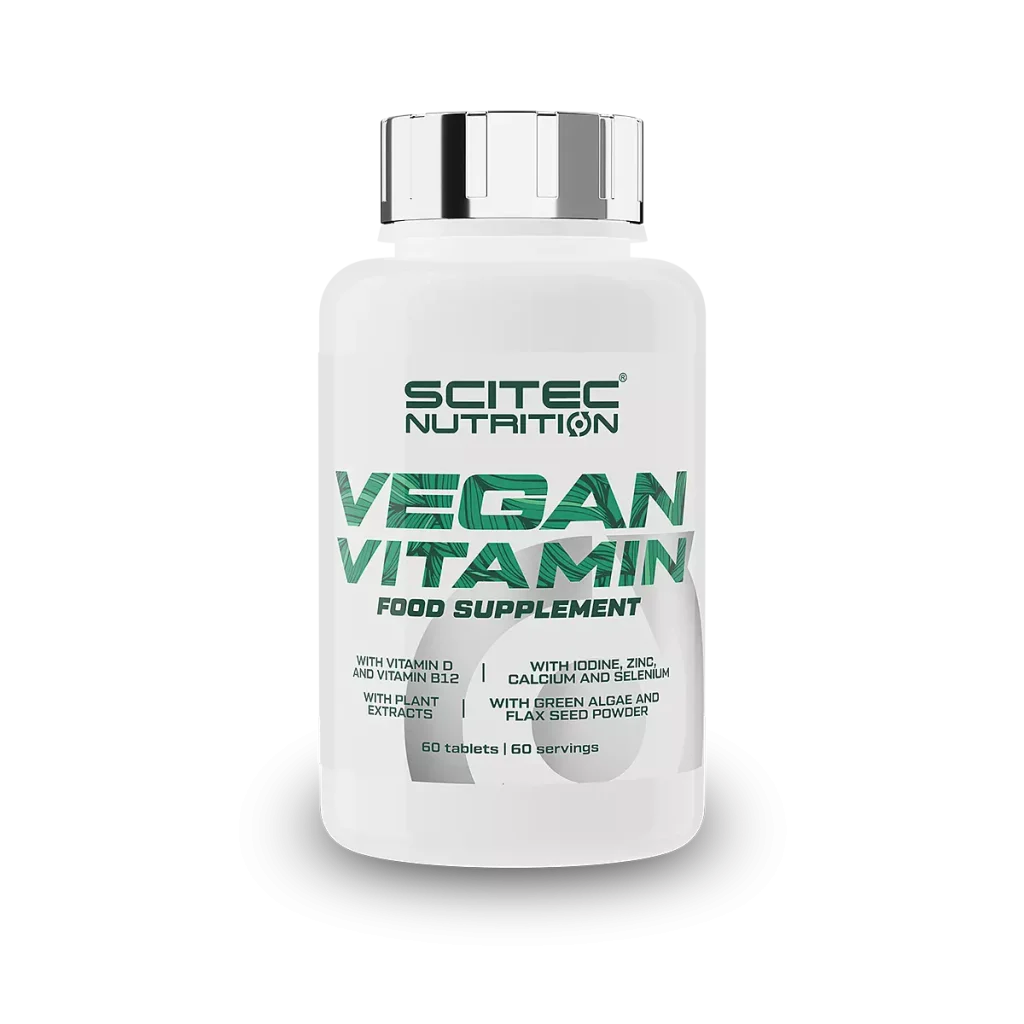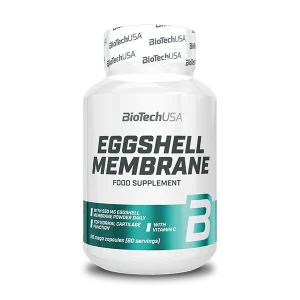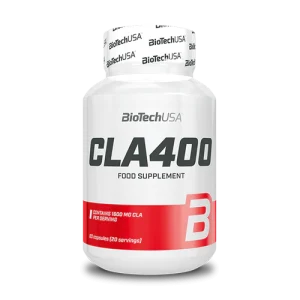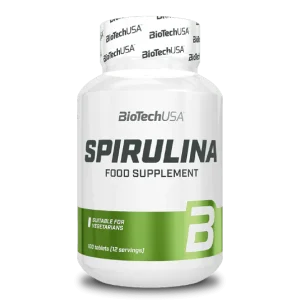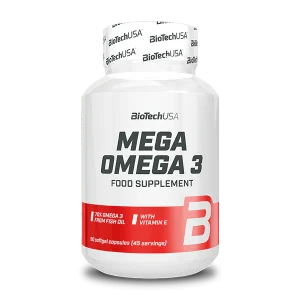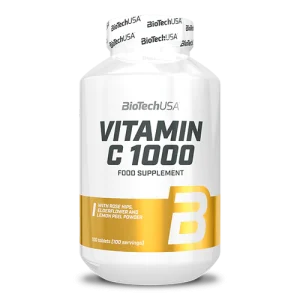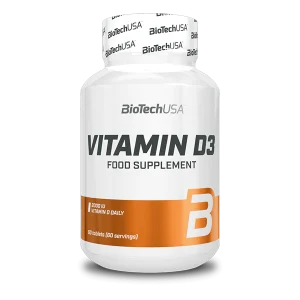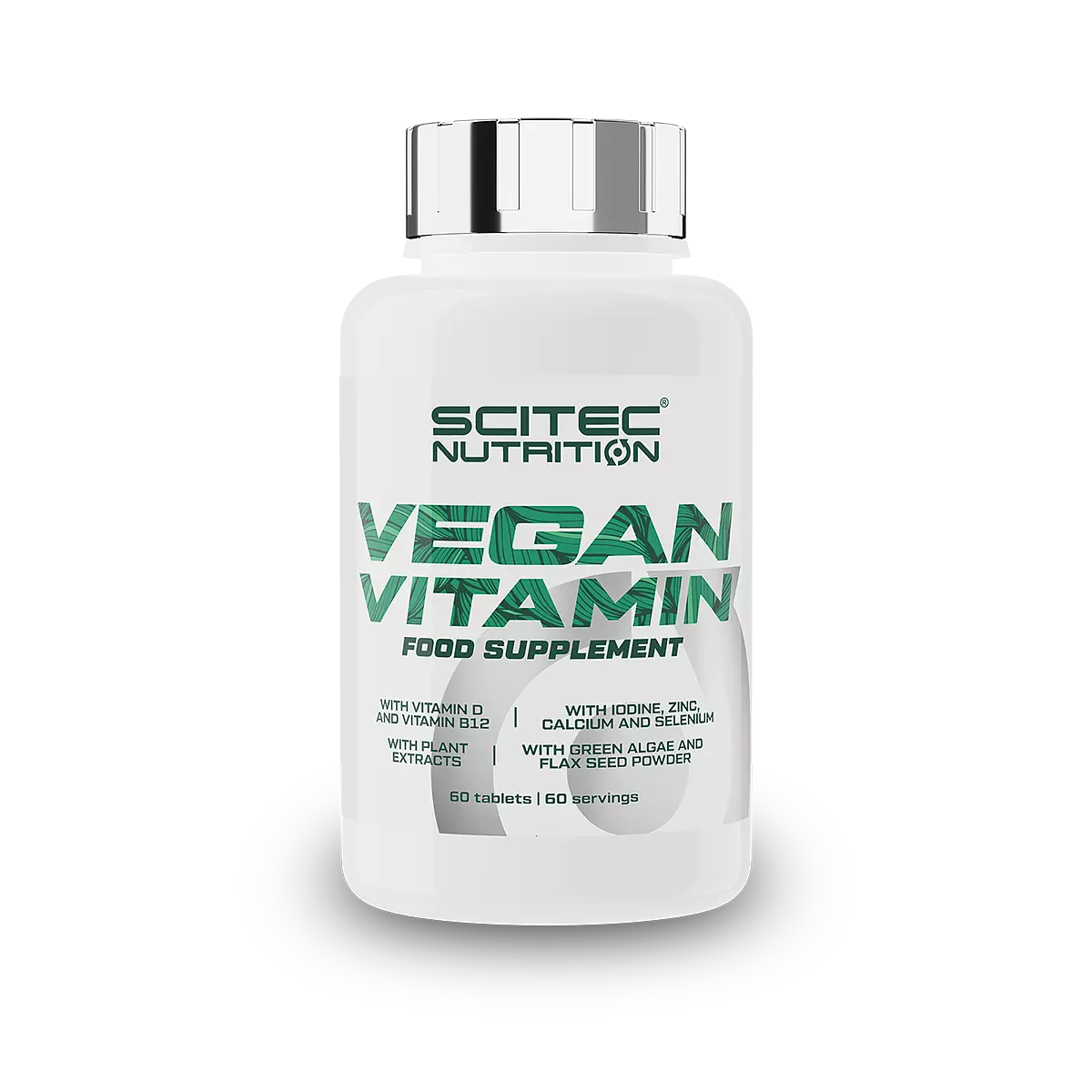
Scitec Nutrition
Scitec Nutrition is a European company that specializes in the development and manufacturing of sports nutrition supplements. Here are some general points about Scitec Nutrition:
- Company Background:
- Scitec Nutrition is a Hungarian company that was founded in 1996. It has since become one of the leading brands in the sports nutrition industry.
- Product Range:
- Scitec Nutrition offers a wide range of sports supplements, including protein powders, pre-workout formulas, amino acids, weight gainers, vitamins, and other nutritional products. Their products are designed to support various fitness goals, such as muscle building, recovery, and overall performance enhancement.
- Quality Control:
- The company emphasizes the importance of quality control and uses advanced manufacturing processes to ensure the purity and effectiveness of their products. They often highlight the use of high-quality ingredients in their formulations.
- International Presence:
- While based in Hungary, Scitec Nutrition has a global presence, distributing its products to numerous countries. It is known for having a strong presence in the European sports nutrition market.
- Customer Reviews and Reputation:
- Like any company, Scitec Nutrition’s reputation can be assessed through customer reviews and feedback. Positive reviews often highlight the effectiveness of their products, while negative reviews may address issues such as taste preferences or individual reactions.
It is recommended to check Scitec Nutrition official website or contact them directly for the most current and detailed information about their products.
What Is a Vitamin?
Vitamins are organic compounds that are essential for the normal functioning of the human body. These are micronutrients, meaning they are required by the body in relatively small amounts but are crucial for various physiological processes. Unlike macronutrients (such as carbohydrates, proteins, and fats), the body cannot produce vitamins in sufficient quantities, so they must be obtained through the diet.
Vitamins play a vital role in a wide range of biological functions, including metabolism, immune system function, and maintaining the health of tissues and organs. Each vitamin has specific functions, and a deficiency or excess of any particular vitamin can lead to various health issues.
There are two main types of vitamins:
- Fat-Soluble Vitamins: These vitamins dissolve in fat and are stored in the body’s fatty tissues. They include:
- Water-Soluble Vitamins: These vitamins dissolve in water and are not stored in the body to the same extent as fat-soluble vitamins. They include:
- Vitamin C (ascorbic acid)
- B-vitamins (B1, B2, B3, B5, B6, B7, B9, B12)
It’s important to maintain a balanced diet that includes a variety of foods to ensure an adequate intake of vitamins. While vitamin supplements can be beneficial in cases of deficiencies or certain health conditions, they should be used under the guidance of healthcare professionals, as excessive intake of certain vitamins can lead to toxicity.
Advantages and Disadvantages of Vegan Vitamins
When considering vegan vitamins, it’s important to recognize both the advantages and potential disadvantages associated with them. Here are some points to consider:
Advantages of Vegan Vitamins:
- Plant-Based Sources:
- Vegan vitamins are derived from plant-based sources, making them suitable for individuals following a vegan or vegetarian lifestyle.
- No Animal By-Products:
- Vegan vitamins typically do not contain animal by-products, which may be important for those who avoid animal-derived ingredients for ethical or religious reasons.
- Plant Synergies:
- Plant-based vitamins often come with additional phytonutrients and compounds that may offer health benefits beyond the specific vitamin content.
- Reduced Risk of Contaminants:
- Plant-based vitamins may have a lower risk of contamination with substances such as heavy metals that can be found in some animal-derived sources.
- Environmental Impact:
- Choosing vegan vitamins aligns with environmentally conscious practices, as plant-based sources typically have a lower environmental impact compared to animal-derived sources.
Disadvantages of Vegan Vitamins:
- Nutrient Variability:
- Plant sources might provide varying amounts of vitamins, and the bioavailability of some nutrients may differ from animal-derived sources. This can make it challenging to achieve consistent nutrient intake.
- B12 and Iron Concerns:
- Vitamin B12 and iron, crucial nutrients found in animal products, can be challenging to obtain in sufficient amounts from a vegan diet. Vegans may need to rely on fortified foods or supplements.
- Limited Food Sources:
- Some vitamins are predominantly found in animal sources, and obtaining them from plant-based foods alone can be challenging. This may necessitate careful planning or supplementation.
- Digestive Absorption:
- The absorption of certain nutrients from plant sources might be influenced by factors such as the presence of anti-nutrients. Some individuals may require higher intake or choose specific forms of vitamins for better absorption.
- Limited Options:
- The variety of vegan vitamin supplements available in the market might be more limited compared to traditional vitamin supplements. This can impact choices and preferences.
Before making decisions about vitamin supplementation, it’s recommended to consult with a healthcare professional or a registered dietitian. They can assess individual nutritional needs, potential deficiencies, and provide guidance on obtaining essential nutrients from a vegan diet or through supplements.
Ingredients
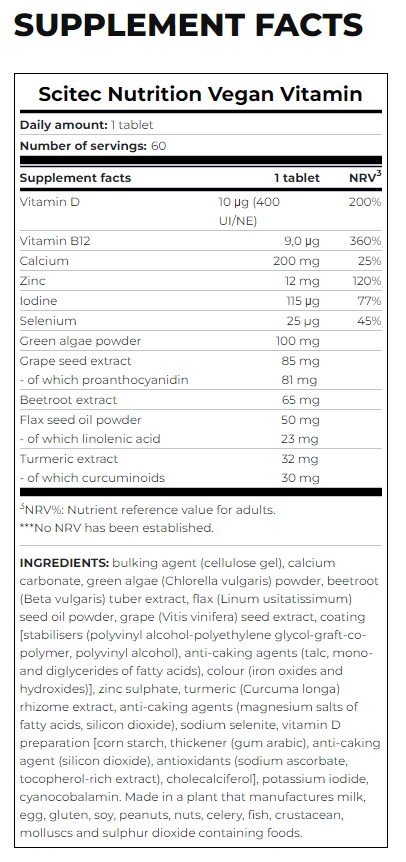
Vitamin D – Vitamin D2, a.k.a Ergocalciferol and Vitamin D3, a.k.a Cholecalciferol
Vitamin D is also known as the “sunshine vitamin.” This nickname stems from the fact that the body can produce vitamin D when the skin is exposed to sunlight. There are two primary forms of vitamin D:
- Vitamin D2 (Ergocalciferol):
- Found in some plant-based foods and fungi.
- Vitamin D3 (Cholecalciferol):
- Synthesized in the skin when exposed to sunlight and also found in certain animal-based foods.
Vitamin D is essential for various bodily functions, including the regulation of calcium and phosphorus absorption, maintenance of bone health, and modulation of the immune system. It plays a crucial role in preventing conditions like rickets in children and osteoporosis in adults.
While sunlight exposure is a natural source of vitamin D, dietary sources and supplements are also important, especially in individuals with limited sun exposure or specific health conditions.
For more detailed information on Vitamin D, please click here.
Vitamin B12, a.k.a Cobalamin
Vitamin B12, also known as cobalamin, is a water-soluble vitamin crucial for various physiological processes. It plays a vital role in the formation of red blood cells, DNA synthesis, neurological function, and energy metabolism. B12 is primarily found in animal products such as meat, fish, eggs, and dairy.
Adequate B12 intake is essential for preventing pernicious anemia, a condition resulting from B12 deficiency. Individuals at risk of deficiency include those with certain gastrointestinal conditions, older adults, and strict vegetarians.
B12 absorption relies on intrinsic factor produced in the stomach. Deficiency symptoms include fatigue, neurological issues, and megaloblastic anemia.
B12 supplementation may be necessary for those with absorption issues or insufficient dietary intake. Regular monitoring and healthcare professional guidance are crucial for managing B12 levels.
For more detailed information on vitamin B12, please click here.
Calcium
Calcium is a vital mineral crucial for the formation and maintenance of strong bones and teeth. It plays a fundamental role in various physiological processes, including muscle contraction, blood clotting, and nerve transmission.
Adequate calcium intake is essential for preventing osteoporosis and maintaining bone health throughout life.
Dairy products such as milk, yogurt, and cheese are rich sources of calcium, but it is also found in leafy green vegetables, fortified foods, and supplements. Proper absorption of calcium is facilitated by vitamin D.
Insufficient calcium intake can lead to health issues such as brittle bones and increased risk of fractures. Maintaining a balanced diet with sufficient calcium is imperative for overall well-being and skeletal integrity.
For more detailed information on Calcium, please click here.
Zinc
Zinc, an essential mineral, holds diverse significance in medicine, contributing to critical physiological processes. It is a pivotal element in immune function, influencing the body’s defense mechanisms against infections. Additionally, zinc plays a key role in wound healing, aiding in the regeneration of tissues, and is an essential cofactor for enzymes involved in DNA synthesis, cell division, and protein metabolism. The multifaceted involvement of zinc in these fundamental processes underscores its importance in supporting overall health and addressing specific medical needs.
In the realm of medicine, zinc supplementation is employed to treat deficiencies, enhance immune function, and promote the healing of wounds, particularly in dermatological conditions. Its potential antiviral properties have also been a subject of exploration. However, it’s crucial to maintain a balanced approach to zinc intake, as excessive amounts can lead to adverse effects. Understanding the nuanced role of zinc in medicine allows healthcare professionals to leverage its therapeutic benefits while avoiding potential risks associated with imbalances.
For more detailed information on Zinc, please click here.
Iodine
Iodine is an essential element crucial for the synthesis of thyroid hormones, which play a fundamental role in regulating metabolism and supporting overall growth and development.
While iodine deficiency can lead to thyroid disorders and developmental issues, excess iodine can also have adverse effects. Iodine is commonly administered as iodine-based medications or iodized salt to prevent deficiencies.
Maintaining a balance in iodine intake is critical for optimal health, and healthcare professionals carefully prescribe iodine-containing medications or treatments based on individual health needs.
For more detailed information on Iodine, please click here.
Selenium
Selenium is an essential trace element with crucial roles in human health. Functioning primarily as a component of selenoproteins, selenium contributes to antioxidant defense mechanisms, protecting cells from oxidative stress. It is integral for normal thyroid function and immune system modulation. Adequate selenium intake is associated with a lower risk of certain cancers, particularly in regions with low selenium soil content. Conversely, selenium deficiency can lead to conditions such as Keshan disease and Kashin-Beck disease, affecting the heart and joints, respectively. While selenium is vital for health, excessive intake can also be harmful. Balancing selenium levels through a diverse diet is essential for optimal well-being.
For more detailed information on Selenium, please click here.
Green Algae Powder
Green algae powder is a nutrient-rich dietary supplement derived from diverse species of green algae. Packed with chlorophyll, it provides antioxidants, potentially aiding detoxification and combating oxidative stress.
With notable protein content, it serves as a plant-based protein source for vegetarians and vegans. Offering vitamins (vitamin A, vitamin C, vitamin B) and essential minerals (iron, magnesium, calcium), green algae contribute to overall nutrition. Some species provide omega-3 fatty acids, promoting cardiovascular health.
Known for potential anti-inflammatory effects, green algae may support immune function. Available in various forms, including capsules and powder, it can be easily incorporated into smoothies and recipes. Sustainability-minded, green algae cultivation shows promise as an environmentally friendly nutrient source.
Choosing high-quality supplements is crucial for safety and efficacy, and consulting healthcare professionals before supplementation is advisable for individual health considerations.
For more detailed information on Green Algae Powder, please click here.
Grape Seed Extract
Grape seed extract, derived from the seeds of grapes, is a natural supplement renowned for its antioxidant-rich composition, including phenolic acids and proanthocyanidins. These antioxidants combat free radicals, potentially offering cardiovascular benefits by supporting blood vessel health and reducing oxidative stress.
The extract is also associated with anti-inflammatory properties, contributing to conditions like arthritis. Widely used in skincare for its potential to protect against UV damage and stimulate collagen production, grape seed extract may promote youthful skin. Some studies suggest neuroprotective effects, while its anticancer potential and possible role in diabetes management require further research.
Despite generally being considered safe, individuals should consult healthcare professionals due to potential interactions and individual variations in response.
For more detailed information on Grape Seed Extract, please click here.
Beetroot Extract
Beetroot extract, derived from the root of the beet plant, is renowned for its vibrant red hue and nutritional richness. Packed with betacyanins, antioxidants, and dietary nitrate, it offers potential health benefits. The conversion of nitrate to nitric oxide may promote vasodilation, aiding blood pressure regulation and enhancing exercise performance. Additionally, beetroot extract is a source of vitamins, minerals, and fiber, contributing to overall health. Its antioxidant properties combat oxidative stress, potentially reducing inflammation. Available in powder, capsule, or liquid forms, beetroot extract is a versatile supplement.
Despite its benefits, individuals on specific medications or with beet allergies should consult healthcare professionals before incorporating it into their regimen.
For more detailed information on Beetroot Extract, please click here.
Flax Seed Oil Powder
Flaxseed oil powder, derived from flaxseeds, is a nutrient-rich supplement known for its high content of alpha-linolenic acid (ALA), a beneficial omega-3 fatty acid. Rich in omega-6 and omega-9 fatty acids as well, it contributes to heart health, supports brain function, and may alleviate inflammation, benefiting joint and skin health. Flaxseed oil’s potential digestive benefits stem from its fiber content. Available in liquid, softgel, or convenient powder forms, it offers versatile incorporation into various diets.
Despite its susceptibility to oxidation, advanced processing techniques enhance stability. Individuals with flaxseed allergies should exercise caution. For personalized advice, consulting with healthcare professionals is recommended before integrating flaxseed oil powder into one’s routine.
For more detailed information on Flax Seed Oil Powder please click here.
Turmeric Extract
Turmeric extract, derived from the Curcuma longa plant, is renowned for its potent bioactive compound, curcumin.
Widely recognized for its anti-inflammatory and antioxidant properties, turmeric extract has been used for centuries in traditional medicine. With a vibrant golden hue, curcumin is the primary active ingredient responsible for various health benefits. It may alleviate inflammation, support joint health, and contribute to antioxidant defenses, combating oxidative stress. Additionally, curcumin’s potential in promoting heart health and cognitive function has garnered attention.
Turmeric extract is available in various forms, including supplements and spice blends, making it a versatile addition to diets for both culinary and medicinal purposes. As with any supplement, individuals should consult healthcare professionals, especially if considering therapeutic use or when combining it with medications.
For more detailed information on Turmeric Extract please click here.
Available Forms
Vegan Vitamin by Scitec Nutrition is available in one size only: a bottle with 60 tablets, providing 60 servings.
